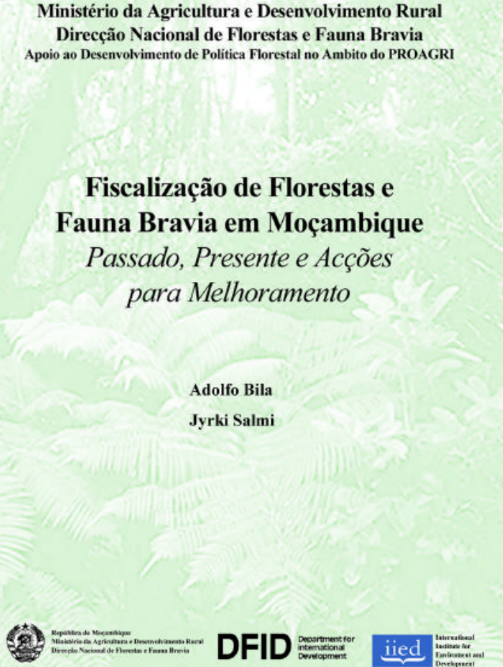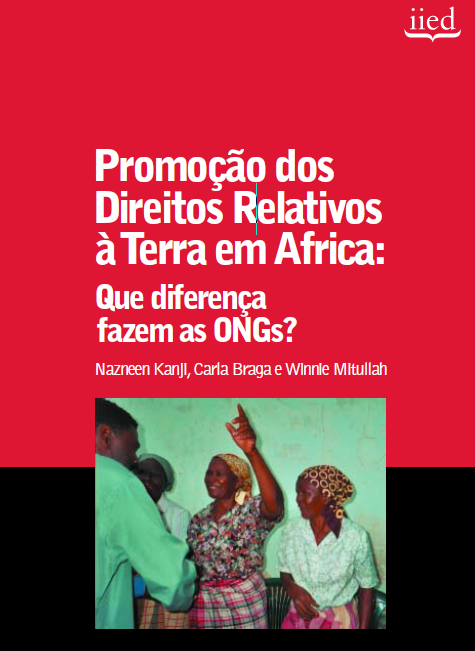Focal point
Location
Mission
Our mission is to build a fairer, more sustainable world, using evidence, action and influence in partnership with others.
Who we are
IIED is one of the world’s most influential international development and environment policy research organisations. Founded in 1971 by economist Barbara Ward, who forged the concept and cause of sustainable development, we work with partners on five continents. We build bridges between policy and practice, rich and poor communities, the government and private sector, and across diverse interest groups. We contribute to many international policy processes and frameworks, including the Intergovernmental Panel on Climate Change, the Millennium Ecosystem Assessment and the UN conventions on climate change and biological diversity.
What we do
IIED carries out research, advice and advocacy work. We carry out action research — generating robust evidence and know-how that is informed by a practical perspective acquired through hands-on research with grassroots partners — and we publish in journals and maintain high research standards. We advise government, business and development agencies, and we argue for changes in public policy. We focus on bottom-up solutions, stay open to flexible, adaptable solutions and are marked by a tradition of challenging conventional wisdom through original thinking.
Resources
Displaying 331 - 335 of 367Fiscalização de Florestas e Fauna Bravia em Moçambique
Neste relatório apresenta- se o levantamento sobre a fiscal ização florestal e faunística no passado e presente, sugerem - se medidas para melhorar a fiscalização e formas de participação dos interve nientes do sector nesta actividade.Há uma grande diferença entre o que a lei florestal estabelece como prática a seguir na exploração, uso e conservação das flo res tas com o que se passa no terreno.
Traditional institutions, multiple stakeholders and modern perspectives in common property.
Forests and pastoralism are in a state of crisis in the Borana lowlands in southern Ethiopia. State management has failed to control forest exploitation and past and present development interventions continue to undermine pastoral production systems. In this paper the authors aim to show how a fundamental misunderstanding of pastoral land management, and in particular pastoral tenure systems, has undermined traditional institutions and the environment for which they were once responsible.
Promoção dos Direitos Relativos à Terra em Africa
Nos últimos 20 anos, um número crescente de organizações não-governamentais (ONGs) diversificou as suas actividades passando da prestação de serviços para a advocacia em prol de políticas. Elas estão a receber créditos pelos seus consideráveis impactos em processos globais, desde o desenvolvimento económico até à democracia. Mas estarão tais impactos a acontecer, de facto, e se sim como é que são conseguidos?
Promoção dos Direitos Relativos à Terra em África: Que diferença fazem as ONGs?
O estudo demonstra claramente as deficiências dos modelos lineares que separam os processos de elaboração de políticas da sua implementação. Ambos os estudos de caso mostram que a legislação e os regulamentos podem ser modificados, reinterpretados ou simplesmente ignorados quando se trata de implementá-los, quando as relações de poder a nível local se tornam críticas. Esta constatação tem duas implicações directas.
The Development of the 1997 Land Law in Mozambique
An appendix from the IIED report above. Includes the role of NGOs, the national conference on land issues 1996, the anti-privatisation demonstration, the land campaign 1997-9, implementation issues.








